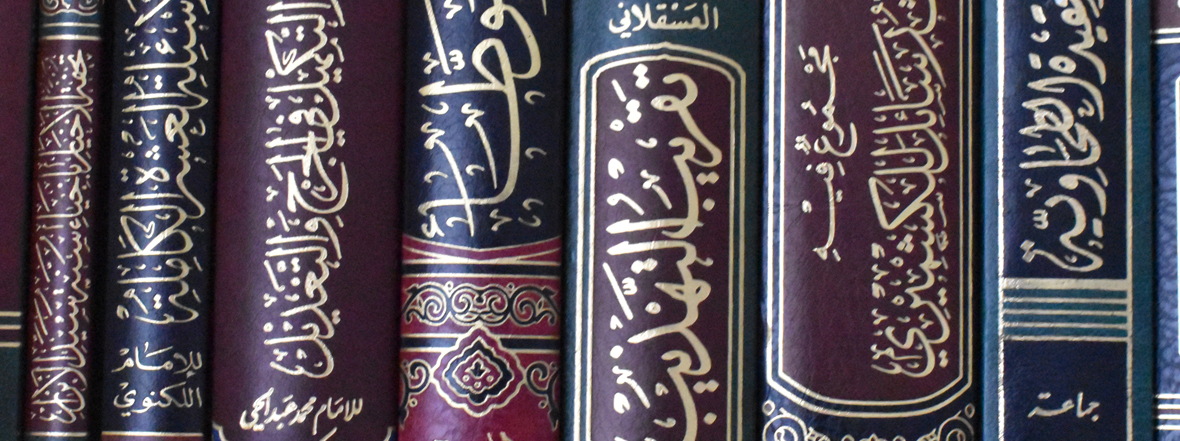Many seem to complain when the importance of language skills is raised to them. “Since when did being eloquent in English/Arabic become a sign of intelligence?” they ask.
The reality is that language has always been a sign of intelligence. To be able to articulate one’s thoughts accurately and succinctly, one needs to be able to think correctly and analyse things in a logically coherent manner.
This is something the early Islamic tradition and the western academic tradition both agree upon.
The Muslims have always stressed on the importance of Naḥw, which is a science that gives you code-breaking skills in language. It equips you with the capability to analyse literature based on the usage of language.
In the western tradition, the proper academics would stress on grammar, logic and rhetoric. Logic is about coherency in thought and building/analysing arguments, while grammar is the same but in language. Rhetoric applies that concept into literature with a dose of psychology.
All these three (logic, grammar and rhetoric) are known as the liberal arts. They are called that because they liberate your mind. They enable you to reason independently. Someone else won’t control your mind anymore.
Now, come back to the original question. “Since when did fluency/eloquence in English/Arabic (or any language) become a sign of intelligence?” Well, since forever, really.
Let’s take a step out of our friend circle and look at communities with a bird’s eye view.
What types of people stress on the importance of correct language skills, and what types of people dismiss it?
And then look at those who stress the importance of language and literature. Their level of comprehension is a lot deeper. They have nuance in their understanding. They are cultured in their mannerisms.
There is a reason why “literature” and “mannerism” are the same word in Arabic — adab. A proper insight into language and literature will develop a human being’s academic and cultural growth. This is nonexistent in those who dismiss the importance of language.
Written by Shaykh Shahin-ur Rahman (Al-Rahma)






